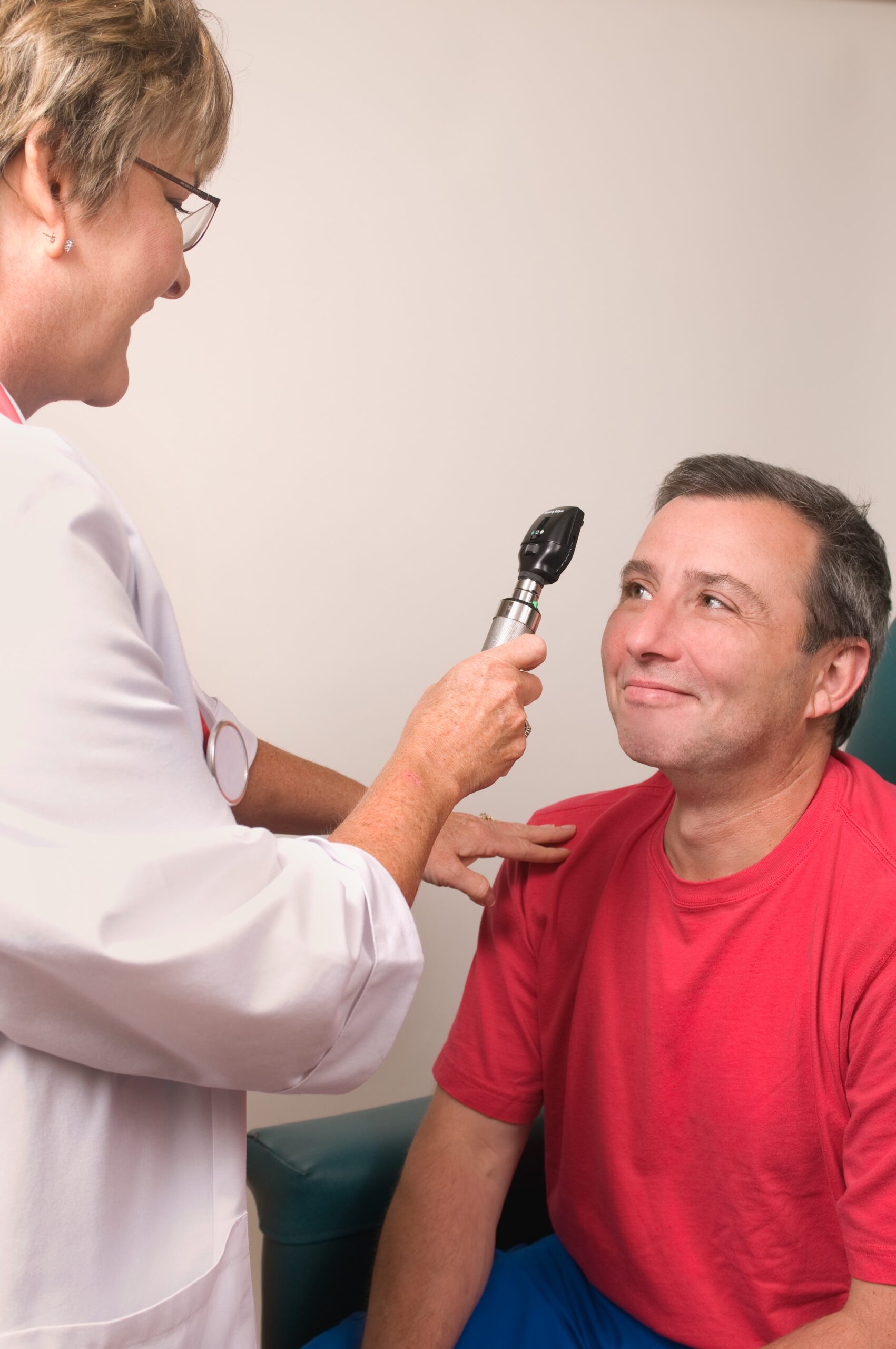Age-related macular degeneration (AMD) is a leading cause of vision loss in people over the age of 50. The disease affects the macula, the part of the retina responsible for central vision. There is no cure for AMD, but there are treatments that can help slow the progression of the disease and preserve vision.
In recent years, there have been several advancements in the treatment of AMD. One of the most significant advancements has been the development of anti-vascular endothelial growth factor (VEGF) drugs. VEGF is a protein that promotes the growth of new blood vessels in the retina. These new blood vessels can leak fluid and blood, which can damage the macula and lead to vision loss. Anti-VEGF drugs work by blocking VEGF, which helps to prevent the growth of new blood vessels and slow the progression of AMD.
Another important advancement in the treatment of AMD has been the development of gene therapy. Gene therapy is a type of treatment that uses genes to treat or prevent diseases. In the case of AMD, gene therapy is being used to try to restore vision in people with the disease. One gene therapy approach that is being studied involves injecting a gene into the eye that codes for a protein that can help to protect the macula from damage.
These are just a few of the advancements that have been made in the treatment of AMD in recent years. These advancements offer hope for people with AMD and give them more options for preserving their vision.
In addition to anti-VEGF drugs and gene therapy, there are a number of other advancements in AMD treatment that are being studied. These include:
- Stem cell therapy: Stem cells are undifferentiated cells that have the potential to develop into any type of cell in the body. Researchers are studying the potential of stem cells to help repair damage to the retina in people with AMD.
- Light therapy: Light therapy is a type of treatment that uses light to stimulate the growth of new blood vessels in the retina. This type of therapy is still in the early stages of development, but it has shown some promise in preliminary studies.
- Diet and lifestyle changes: There are a number of things that people with AMD can do to help slow the progression of the disease, such as eating a healthy diet, exercising regularly, and quitting smoking.
While there is no cure for AMD, there are a number of treatments that can help slow the progression of the disease and preserve vision. These treatments are constantly being improved, and new advancements are being made all the time. With continued research, there is hope that one day a cure for AMD will be found.


